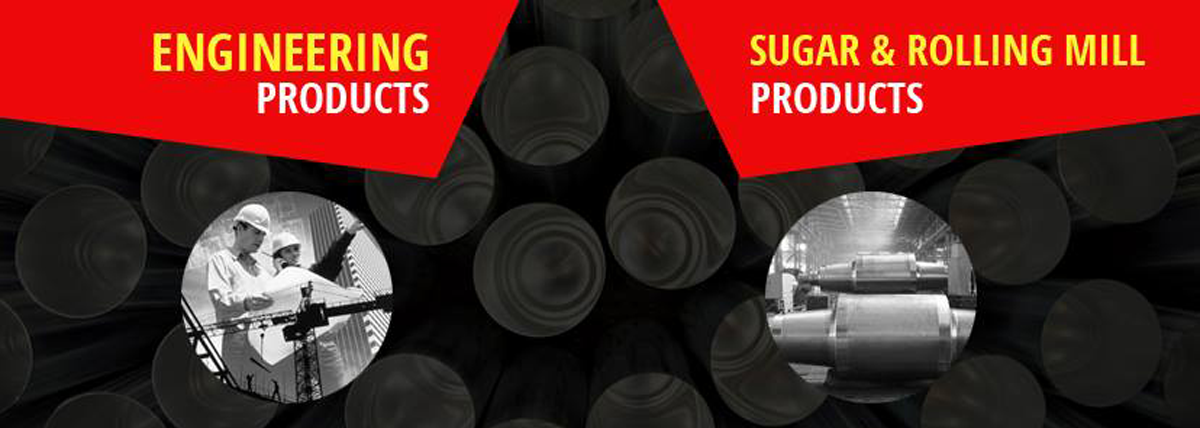In the quest for sustainable construction practices, the adoption of green building methodologies has emerged as a pivotal solution to mitigate environmental impact. Central to this movement is the utilization of materials that uphold eco-friendly principles, with TMT (Thermo-Mechanically Treated) bars from secondary steel manufacturers emerging as a sustainable alternative. This paradigm shift aligns seamlessly with India’s vision for a more environmentally conscious future.
Secondary steel manufacturers, exemplified by industry leaders like Yash Impex, epitomize sustainability through their recycling practices. By repurposing steel obtained from melting steel scrap, these manufacturers produce TMT bars that serve as the backbone of resilient infrastructures. This sustainable industrial ecology not only reduces energy consumption but also diminishes carbon emissions, thus laying a foundation for eco-friendly construction practices.
Energy Efficiency:
The steel recycling process embraced by secondary steel manufacturers significantly reduces energy requirements, thereby curtailing greenhouse gas emissions. By eschewing the energy-intensive processes associated with extracting and processing raw iron ore, these manufacturers exemplify energy efficiency in action. Moreover, the melting and refining of scrap steel demand less energy compared to conventional steel production methods, further enhancing the energy efficiency of TMT bars.
Conservation of Precious Resources:
Opting for TMT bars from secondary steel manufacturing conserves valuable resources like iron ore and coal. The recycling process involved in secondary steel production preserves these finite resources, thus contributing to sustainable construction practices. This not only mitigates resource depletion but also fosters a circular economy where materials are reused and recycled, underscoring the pivotal role of TMT bars in promoting resource conservation.
Enhancing Sustainability:
TMT bars from secondary steel manufacturers epitomize durability, longevity, and minimal environmental impact, aligning with the ethos of green building construction. These corrosion-resistant steel bars, meticulously crafted from recycled scrap, ensure structural integrity while minimizing waste generation. By adhering to stringent quality standards and integrating additives to refine steel quality, companies like Yash Impex ensure that TMT bars meet the rigorous demands of eco-friendly construction projects.
Waste Reduction and Resource Conservation:
The production of these TMT bars by secondary steel manufacturers contributes to waste reduction by diverting scrap steel from landfills. By repurposing scrap into high-quality TMT bars, these manufacturers promote a circular economy and diminish reliance on raw materials, thus fostering sustainable construction practices.
Carbon Footprint Reduction:
TMT bars from secondary steel manufacturers boast a significantly lower carbon footprint, owing to their energy-efficient manufacturing process. By incorporating TMT bars into green building construction projects, stakeholders can make substantial strides in reducing overall carbon emissions, thereby advancing environmental sustainability goals.
In conclusion, the sustainability of TMT bars in green building construction is undeniable. From energy efficiency and resource conservation to waste reduction and carbon footprint reduction, TMT bars offer a plethora of benefits that resonate with the principles of sustainable development. By embracing TMT bars from secondary steel manufacturers, stakeholders can pave the way for a greener and more sustainable future in the construction industry. TMT bars are not merely an alternative; they are a fundamental component in building a more eco-friendly and sustainable tomorrow.

